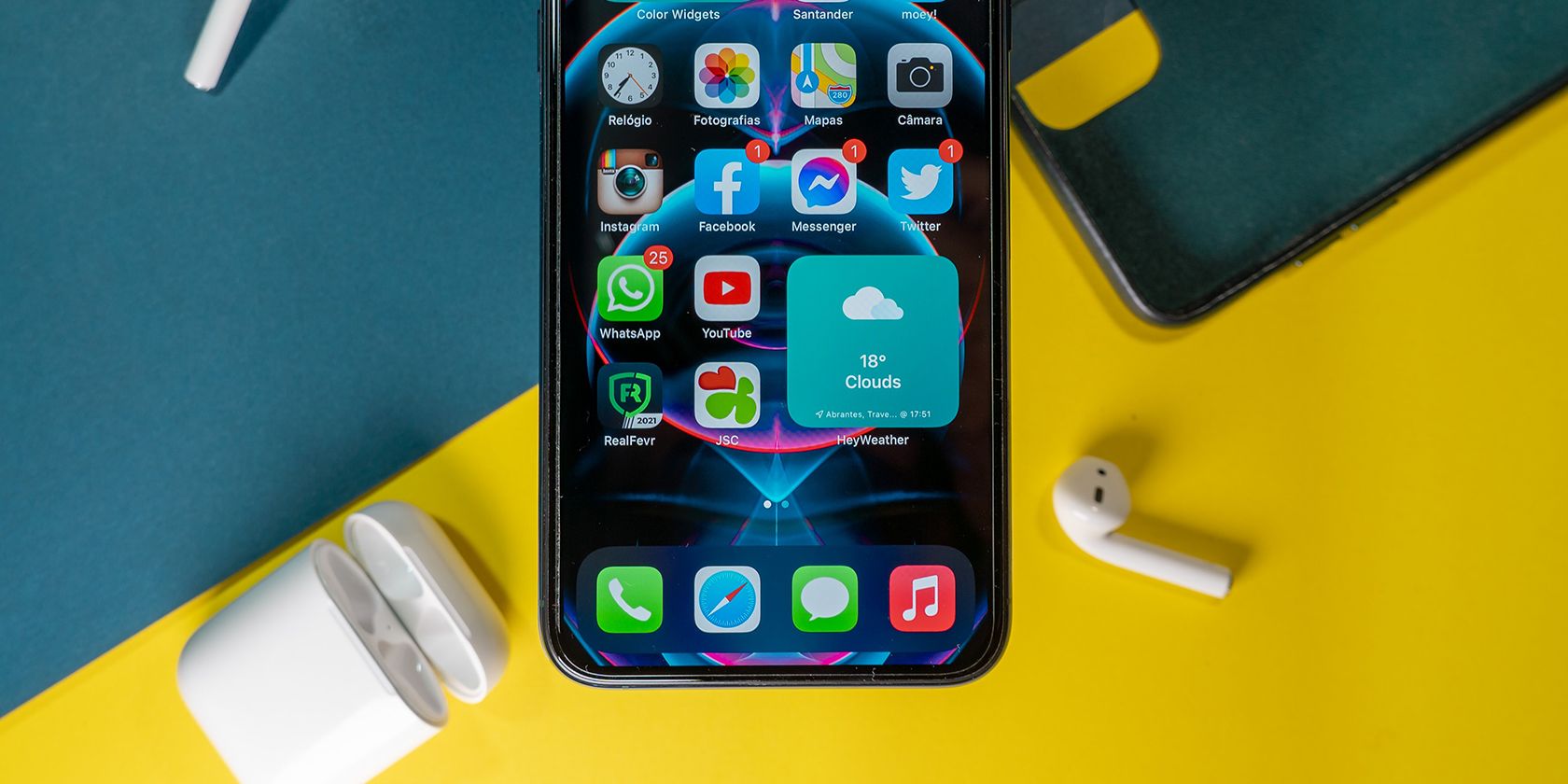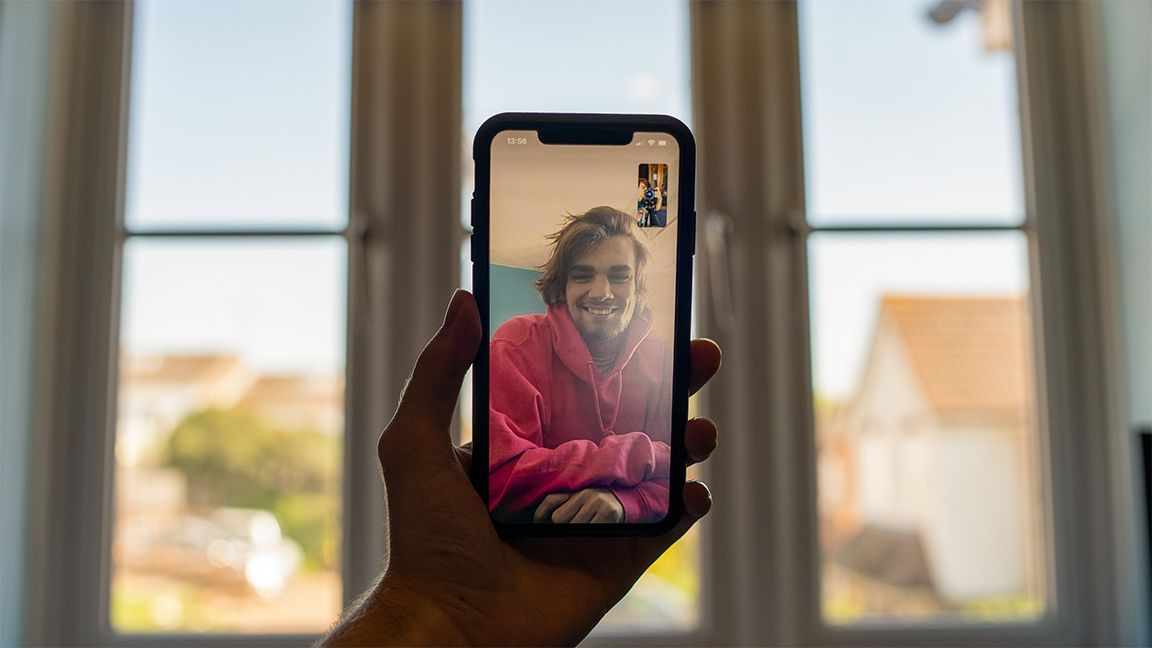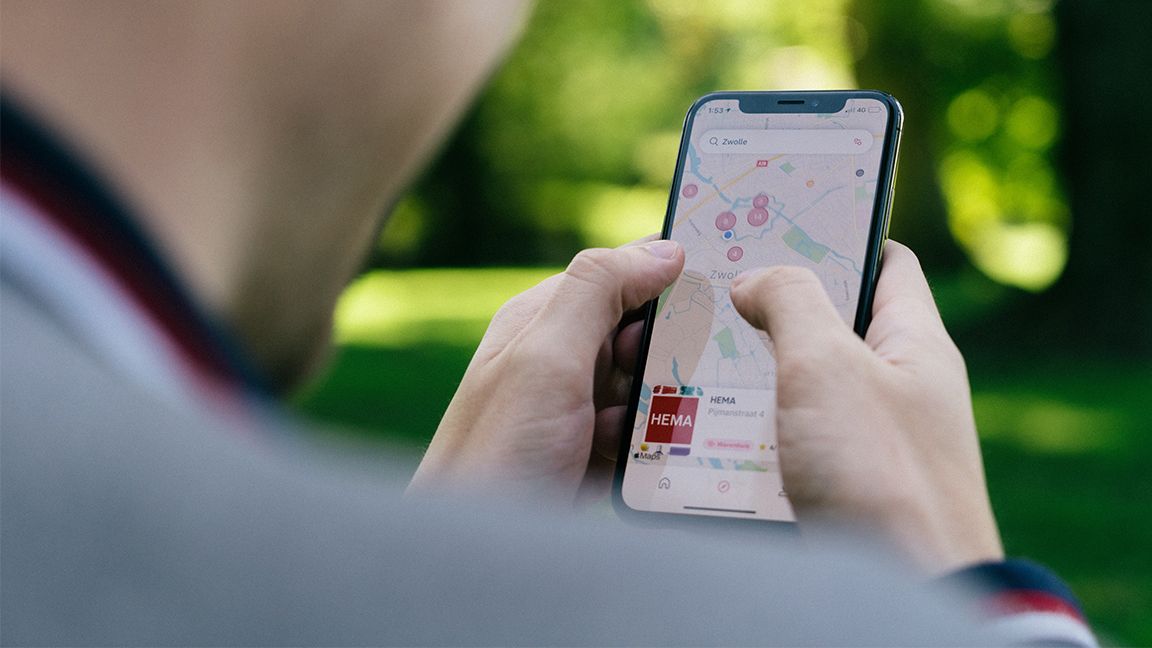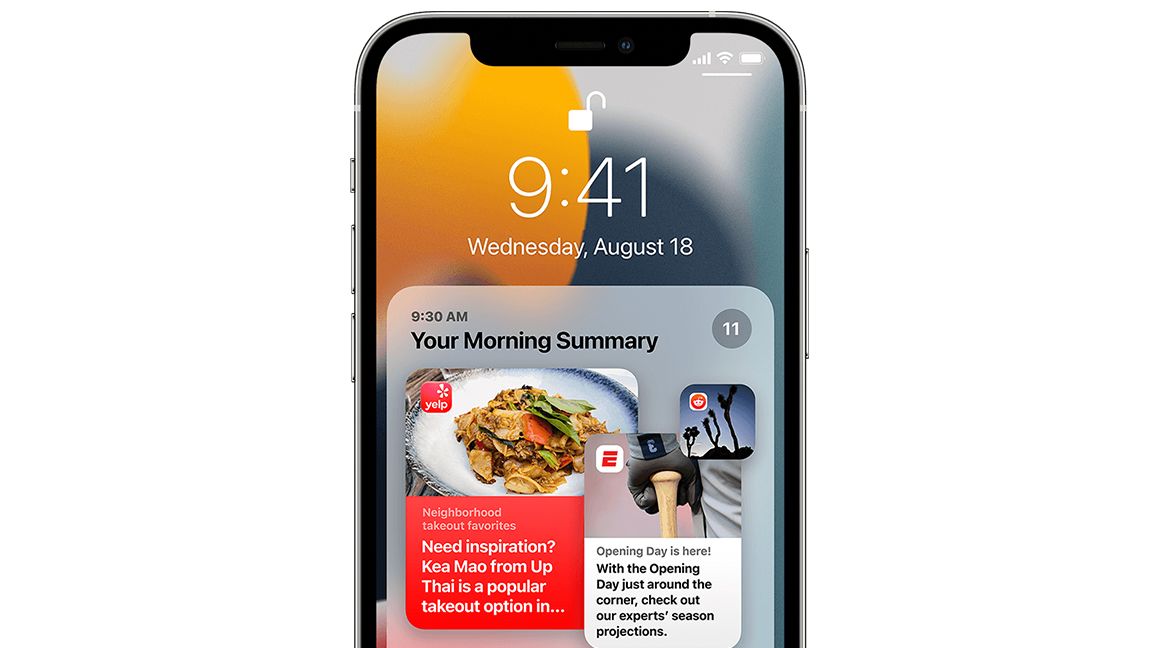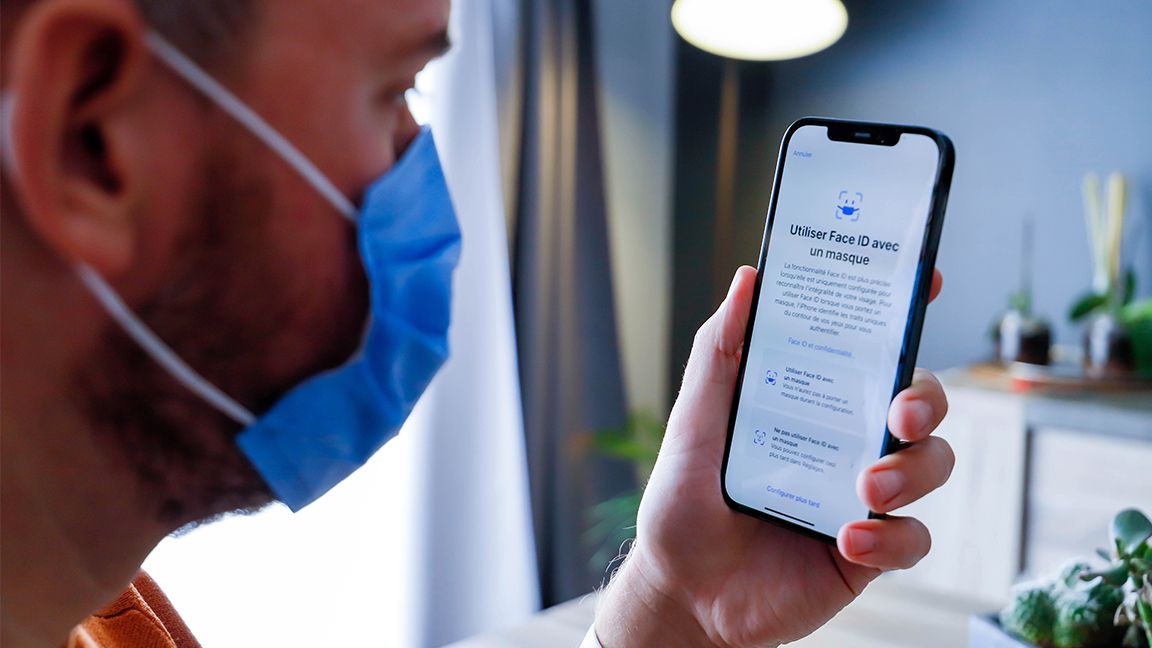The iPhone is the world's most popular smartphone, and a big part of why so many people love it comes down to one thing: iOS.
When Apple launched iOS, it pretty much invented the smartphone experience we know and love today. And although Android has a leg-up on it in some ways, iOS is full of incredible features you won't see anywhere else. That, mixed with getting updates and support for the long haul, makes iOS an easy choice for many.
Below, we'll discuss the top six reasons many people choose iOS over Android for their smartphone or tablet experience.
6. iMessage and FaceTime
When FaceTime debuted in 2010, it took video calling mainstream—something that most people had only experienced on a computer—by letting you do it almost anywhere. A year later, Apple reimagined the SMS with iMessage. At a time when many cellular providers were still charging per message, iMessage gave every iPhone user unlimited texting, absolutely free.
Because iMessage and FaceTime are completely internet-based and aren't linked to the cellular network, you can use them on almost any Apple device. That means you can stay connected with your contacts, whether you're on your iPhone, iPad, or Mac.
It also means you can access these services no matter where you go. So, whether you're down the street or traveling to the other side of the world, you can always keep in touch with the people that are important to you. Well, as long as they're Apple users.
Making the most of iMessage and FaceTime can really help you stay connected, and they're two big reasons why people keep purchasing iPhones over Android devices.
5. Best in Class Privacy Features
If you've downloaded any new apps or updates recently, you've probably been greeted with a notification asking whether you want to allow or not allow the app to track your activity. That's because, in 2021, Apple made the bold decision to finally let users opt out of cross-app tracking.
Apple's commitment to user privacy is reflected across iOS. Safari is one of the most secure web browsers you can use on a smartphone. With Safari, you can stop cross-site tracking, meaning websites won't be able to track your activity across the internet. Safari's Privacy Report helps you manage cross-site tracking. Check after a while, and you might see dozens or hundreds of trackers that Safari has automatically blocked for you.
The effects of iOS 15's privacy features sent ripples across the tech world. In February 2022, Meta, the parent company of Facebook and Instagram, broke records when its stock price dropped 26% in a single day, a loss totaling over $251 billion. A big part of why that happened was because of Apple's new privacy features.
4. Focus and Scheduled Summary
For a while, it seemed like there were only two options for managing your notifications, be bombarded with them all day, or turn them off completely and miss out on important alerts. Thankfully, iOS 15 brought some great new tools to help manage your notifications.
Setting up Focus lets you schedule when and where you want to silence notifications. For example, you can set it at a specific time like bedtime or for a specific place like the gym or office. Even better, you can select specific apps or contacts not to silence, helping you stay updated with what's important without being distracted by what's not.
Scheduled Summary is another handy time-saving tool that landed with iOS 15. With this feature, you can set up a notification summary that groups all the alerts from selected apps together. It means you'll get all of those notifications at once instead of having them trickling in all day—finally, there's a way to manage those annoying Twitter notifications.
3. The App Store
The App Store was the first major smartphone app marketplace, and many still consider it the best. As the App Store is built only for iOS devices, you can download almost any app and expect it to run smoothly without hiccups, even if your iPhone is a couple of years old. Compare that to Android, where if you don't have a high-end device, some apps and games might be too much for your phone to handle.
The App Store was also the birthplace of some of the world's biggest social networks, like Instagram. Android users had to wait two full years before they could get in on the action. Even though things are changing, for the most part, if you want to be first in line for new app releases and software updates, you've got to be on the App Store.
2. iOS is Super Easy to Use
One of iOS' biggest selling points is just how intuitive it is. From kids all the way up to senior citizens, many people love iOS simply because it is pretty straightforward to use.
All the apps in iOS are displayed right on the home screen, so you've got quick access to everything on your phone without delving into hidden menus. And all of Apple's standard apps, like Weather and Mail, are top-notch, and most people don't feel the need to download other versions. You can't say the same thing for Android, where phones from different manufacturers often ship with a completely different set of stock apps with varying degrees of quality.
Apple knows people love iOS because it's simple, and there have been times when it has been criticized for not giving users enough options to personalize their experience. But even though some might say it's too simplified, what iOS lacks in customization, it more than makes up for in usability.
1. A New iOS Version Every Year
Every single year Apple releases a new version of iOS. These iOS updates aren't just security upgrades and visual overhauls; they often add completely new features like support for Face ID while wearing a mask. And one of the great things about picking up a new iPhone is that you'll know Apple will support it for years to come. For example, the iPhone 6s from 2015 received iOS software updates until 2021. That's seven long years of software support.
Even though Android also releases a new version yearly, most manufacturers only support their phones for a couple of Android version upgrades. How many you get depends on which brand you go with. Most Samsung phones get four Android version upgrades, while newer Google devices only get three. Choosing iOS instead of Android means getting software updates and new features for several years.
iOS: It Keeps Us Coming Back for More
If you're like most people, you've probably had a chance to own a few smartphones by now. But even though Android smartphone manufacturers have released some mind-blowing devices, iOS is one of the biggest reasons many people keep choosing iPhones year after year. And if you're still reading this, you might be one of the many people that can't imagine buying a device that isn't running iOS.

